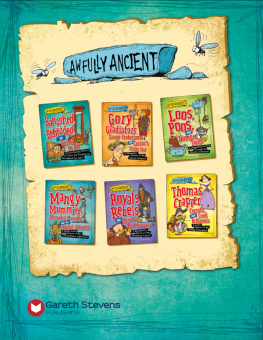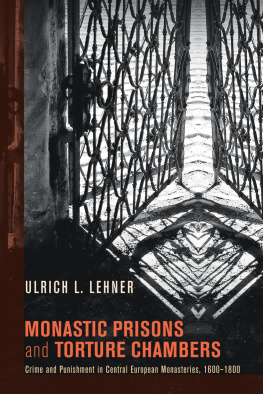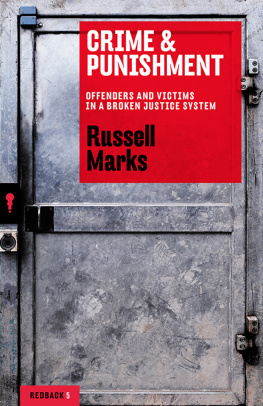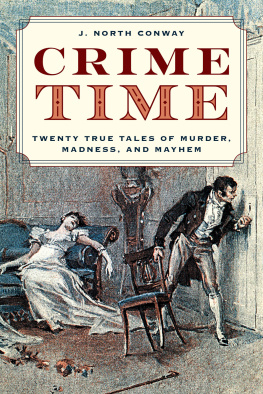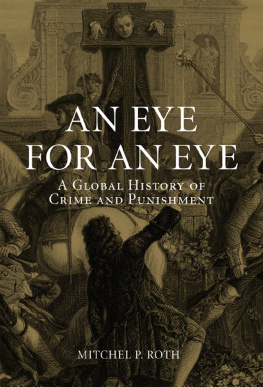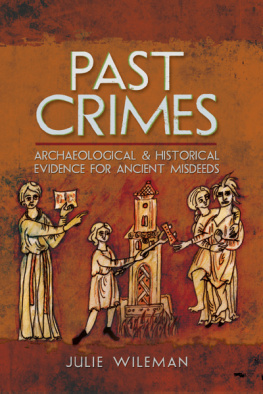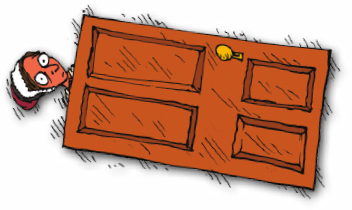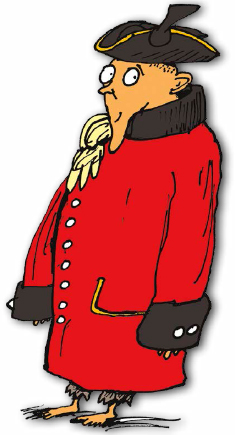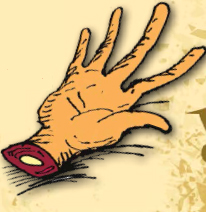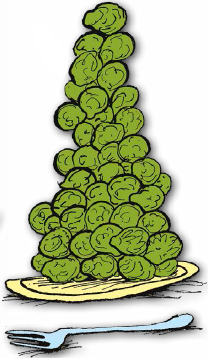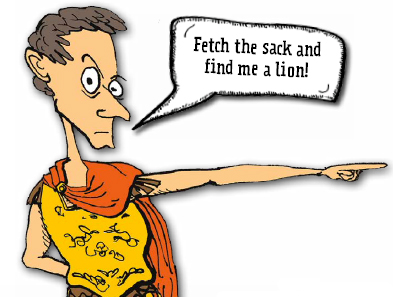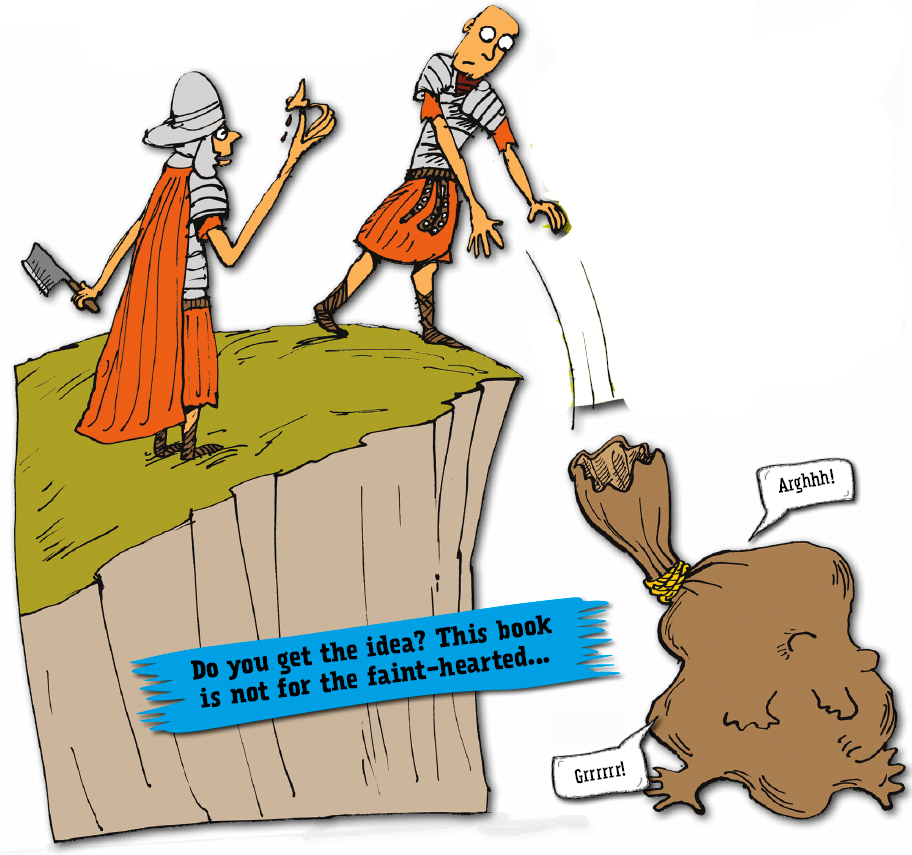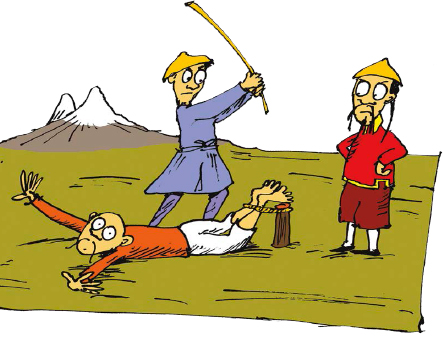
Please visit our website, www.garethstevens.com.
For a free color catalog of all our high-quality books, call toll-free 1-800-542-2595 or fax 1-877-542-2596.
Library of Congress Cataloging-in-Publication Data
Tonge, Neil.
Banished, beheaded, or boiled in oil: a hair-raising history of crime and punishment throughout the ages! / by Neil Tonge.
p. cm. (Awfully ancient)
Includes index.
ISBN 978-1-4824-3121-6 (pbk.)
ISBN 978-1-4824-3124-7 (6 pack)
ISBN 978-1-4824-3122-3 (library binding)
1. Crime History Juvenile literature. 2. Punishment History Juvenile literature. 3. Criminals History Juvenile literature.
I. Tonge, Neil. II. Title.
HV6027.T58 2016
364.9d23
Published in 2016 by
Gareth Stevens Publishing
111 East 14th Street, Suite 349 New York, NY 10003
Copyright 2016 Wayland /Gareth Stevens
Senior editor: Julia Adams
Illustrator: Tom Morgan-Jones
Designer: Rocket Design (East Anglia) Ltd.
All rights reserved. No part of this book may be reproduced in any form without permission from the publisher, except by reviewer.
Manufactured in the United States of America
CPSIA compliance information: Batch #CS15GS.
For further information contact Gareth Stevens, New York, New York at 1-800-542-2595.
Why is this man wearing a barrel as a coat? Turn to to find out!
Ah, the Chelsea Pensioner; that well-respected old fellow of London town... Or is it?
Yes, that is a lady stuck under a door..
Contents
Crime and Punishment
Chilling China
Gruesome Greeks
Its All Greek to Me! A Greek Trial
Revolting Romans
Awful Aztecs
Murderous Middle Ages
Curious Cases of Criminal Creatures
Terrifying Tudors
Troubled Times
Mechanical Marvels of the Modern Age
Vengeful Victorians
School and Punishment
Glossary
More Information
Index
CRIME AND PUNISHMENT
What happens at your school if you do something wrong? Do you have to hold out your hands so your teacher can whip them with a switch, as was the case in Victorian times? When you misbehave at home, are you banished (sent to live in a faraway place) as you might have been in Roman times? Would you expect to have your hand chopped off if you wrote rude words about the queen, as might have happened in Elizabethan times? No. At worst you might get told off, have to eat ALL your greens and be banned from watching TV.
To be fair, misbehaving isnt criminal behavior, but we can still all be glad that many forms of punishment today are far less gruesome than they used to be...
In the past, there have been some amazing achievements by ancient civilizations the ancient Egyptians and Aztecs built stunning pyramids, China drew up the Great Wall, the Greeks produced formidable thinkers, and the Romans were engineering geniuses!
On April 5, 1531, Richard Roose was boiled to death after confessing to poisoning 17 people.
Not just vegetables, sprouts!
BUT when it came to criminals, they all had some stomach-churning, not-so-civilized ways of dealing with them.
In this book, we are going to roll up our sleeves and delve right into the history of terrible tortures, putrid punishments and excruciating executions.
Heres a little taster for you...
Try to bribe a government official in Roman times and you were likely to have your nose cut off, be tied in a sack with a wild animal (its not specified what sort, but you can bet it wasnt the cuddly kind) and then thrown off a cliff.
Chilling
China
Our first stop on the gruesome trail of crime and punishment is ancient China. Qin Shi Huang (pronounced Kwin She Wang) became the first emperor of a united China in 221 BCE. Before Qins time, China had been a patchwork of squabbling kingdoms. Once united, the Chinese Empire lasted for a staggering 2,132 years before it was finally swept away in a revolution in 1911.
Despite the wide-reaching powers of the Emperor, accused criminals did have some rights.
Cangue - naming and shaming!
Imagine having a large wooden board, weighing 22 pounds (10 kg), fastened around your neck. So large, in fact, that you couldnt bring food or drink to your mouth. This was one of the ways of punishing the accused in ancient China. The board, or cangue, was also used to post the offenders crime, name, and address. And you thought privacy was an Internet-era issue...
Guilty or not guilty?
Before punishment was exercised, the accused got a chance to confess the crime. Then, if they didnt, torture was used to encourage them to confess. The main form of torture was beating the suspect on the soles of their feet with a big stick.
Once found guilty, what happened next? Then it got pretty nasty. If youd committed really serious crimes then you could be
Boiled alive
China has some of the earliest accounts of boiling prisoners to death in water or oil. During the process, the victim suffered high-degree burns, their skin was gradually destroyed and they basically fried to death. Lil-chi (203 BCE) was one such unfortunate sauted victim. He was sent on a diplomatic peace mission, only to discover that, while talks were going on, the official who sent him decided to attack the peace party. Lil-chi was considered a traitor and deep-fried to death...
Flayed alive
Ever scraped your skin? Stings, doesnt it? Now imagine having ALL your skin removed. And thats what flaying involved. In this delightful ancient Chinese practice, the victim was skinned alive as part of a public execution, after which the skin was nailed to a wall as a warning to others. And on this stinging subject, Emperor Sun Hao (242284 CE) personally removed the skin from the faces of his victims. What a nice chap.
Next page
